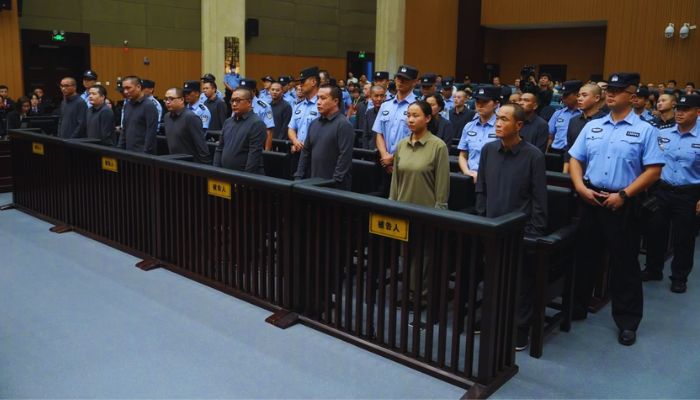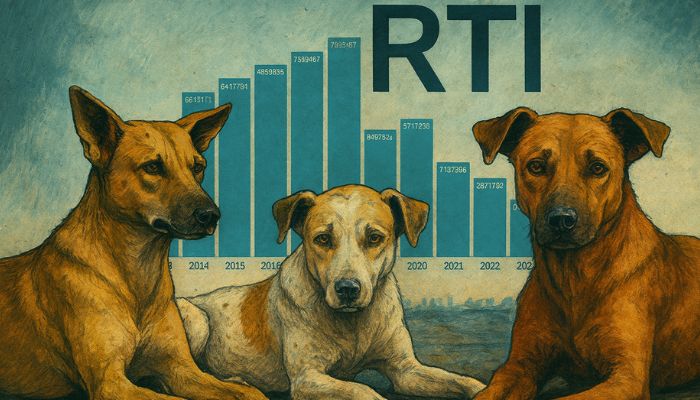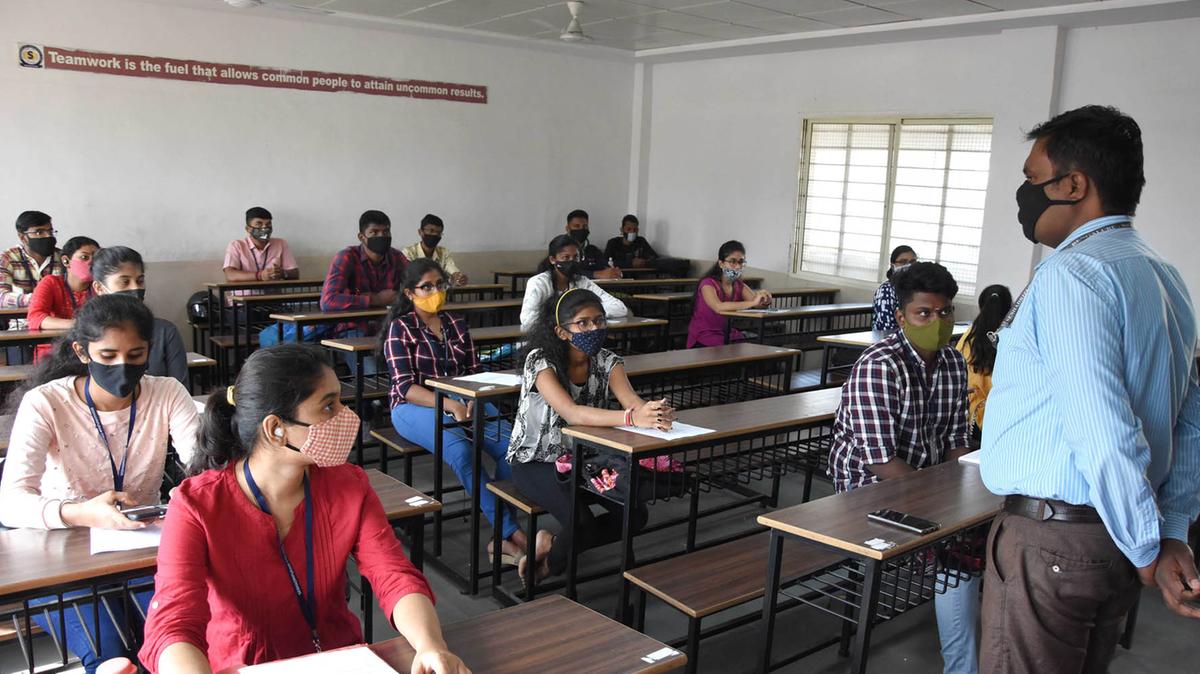Chinese court sentences 16 members of Myanmar-based Ming crime gang to death: Read how similar gangs have been targeting Indians too
On 29th September 2025, a Chinese court sentenced 16 people in connection with a Myanmar-based telecom fraud gang. The convicts were accused of fraud, drug trafficking and prostitution. As per the Wenzhou Intermediate People’s Court in China’s Zhejiang province, since 2015 the Ming family crime gang used its influence in the Kokang region of Myanmar to set up a number of “parks” and collude with financial supporters to carry out criminal activities including telecoms fraud, gambling operations, drug trafficking and organised prostitution. These crims involved over 10 billion yuan (US$1.4 billion). On Sept 29, 2025, Zhejiang Wenzhou Intermediate People’s Court publicly sentenced the Ming crime syndicate from northern Myanmar.Leaders including Ming Guoping, Ming Zhenzhen, Zhou Weichang, Wu Hongming, Wu Senlong & Fu Yubin were given the death penalty for telecom fraud,… pic.twitter.com/Y9ArTCAlyk— China Perspective (@China_Fact) September 29, 2025 The Chinese media reports that the Ming family crime gang along with other such groups, “killed and injured people involved in fraud who tried to escape or disobeyed them.” In October 2023, this gang’s members shot four Chinese nationals dead to stop them from being handed over to China. Of those sentenced, five were given a two-year reprieve, and their sentence may be commuted to life imprisonment. The rest of the convicts include Ming Guoping, also known as Mg Myin Shaut Phyin, whose father was Ming Xuechang, a Chinese-Myanmar national who led the Ming crime group. Xuechang, who died of alleged suicide in 2023 under Chinese police custody, was a member of Myanmar’s Shan state legislature and a former member of the Kokang leadership committee. His granddaughter Ming Zhenzhen, or Ma Thiri Maung, was also sentenced to death by the Chinese court. In November 2023, the Chinese authorities had issued arrest warrants for the Ming family on charges of fraud, murder, and illegal detention. The court found that the Ming family’s criminal gang caused the deaths of 10 workers and injuries to two others who attempted to escape. By December 2024, Myanmese authorities had handed over more than 53,000 suspects to China. Earlier, in February this year, as many as 1000 Chinese nationals were airlifted from Myanmar to China after being rescued from online scam centres. In recent days, thousands of Chinese nationals who were lured to Thailand on the pretext of jobs and trafficked into Myanmar, have been rescued and repatriated as a part of a crackdown on online scam centres in Myanmar. These Chinese nationals were forced to carry out romance and investment scams among others. Karen Border Guard Force, a group allied with Myanmar’s military government has announced that it will be deporting all these Chinese nationals from the Myanmar-Thailand border region. Myanmar-based fraud gangs have been targeting Indians too The scamsters defrauded their victims through romantic ploys, bogus investment pitches and illegal gambling schemes. The victims are manipulated into sending money or investing in fraudulent schemes often involving cryptocurrency and fake trading platforms. Besides, several online platforms operated from these scam centres trick users into betting money, with the operations rigged to ensure losses. A report from the Chinese state broadcaster CCTV in 2023 indicated that authorities estimated the involvement of as many as 100,000 individuals in telecom fraud in Myawaddy alone. As OpIndia reported back in December 2023, in addition to being a centre for the trafficking of crystal methamphetamine, the northern Shan State in Myanmar is also home to numerous other illicit operations in outposts along the Chinese border. These activities are fuelled by the continuous military conflict and civil turmoil under the junta that took control of the state in a coup in 2021. Being surrounded by China, the northern Shan state has developed into a hub for Chinese scammers preying on their own people. Between early September and mid-December 2023, more than 40,000 Chinese people were detained and deported in connection to the online scam operations. Myanmarese criminals kidnap Indians Similar to the Chinese, Indians have also become targets of criminal organizations that have progressively intensified their illicit activities. Many Indians, seduced by the promise of lucrative employment in Thailand, have been trafficked to a cybercrime syndicate in Myanmar, from which they were rescued by the Indian government. Last July, eight Indian nationals, who were engaged in work at a scam centre in Hpa Lu of Myawaddy, were saved and handed over to the relevant Myanmar police and immigration authorities. It was reported that several kidnapped Indian nationals were being forced by an armed group to commit online fraud. Their families complained to the Ministry of External Affairs, seeking intervention for their release. A group operating in M



On 29th September 2025, a Chinese court sentenced 16 people in connection with a Myanmar-based telecom fraud gang. The convicts were accused of fraud, drug trafficking and prostitution.
As per the Wenzhou Intermediate People’s Court in China’s Zhejiang province, since 2015 the Ming family crime gang used its influence in the Kokang region of Myanmar to set up a number of “parks” and collude with financial supporters to carry out criminal activities including telecoms fraud, gambling operations, drug trafficking and organised prostitution. These crims involved over 10 billion yuan (US$1.4 billion).
— China Perspective (@China_Fact) September 29, 2025
On Sept 29, 2025, Zhejiang Wenzhou Intermediate People’s Court publicly sentenced the Ming crime syndicate from northern Myanmar.
Leaders including Ming Guoping, Ming Zhenzhen, Zhou Weichang, Wu Hongming, Wu Senlong & Fu Yubin were given the death penalty for telecom fraud,… pic.twitter.com/Y9ArTCAlyk
The Chinese media reports that the Ming family crime gang along with other such groups, “killed and injured people involved in fraud who tried to escape or disobeyed them.”
In October 2023, this gang’s members shot four Chinese nationals dead to stop them from being handed over to China.
Of those sentenced, five were given a two-year reprieve, and their sentence may be commuted to life imprisonment. The rest of the convicts include Ming Guoping, also known as Mg Myin Shaut Phyin, whose father was Ming Xuechang, a Chinese-Myanmar national who led the Ming crime group.
Xuechang, who died of alleged suicide in 2023 under Chinese police custody, was a member of Myanmar’s Shan state legislature and a former member of the Kokang leadership committee. His granddaughter Ming Zhenzhen, or Ma Thiri Maung, was also sentenced to death by the Chinese court.
In November 2023, the Chinese authorities had issued arrest warrants for the Ming family on charges of fraud, murder, and illegal detention. The court found that the Ming family’s criminal gang caused the deaths of 10 workers and injuries to two others who attempted to escape.
By December 2024, Myanmese authorities had handed over more than 53,000 suspects to China.
Earlier, in February this year, as many as 1000 Chinese nationals were airlifted from Myanmar to China after being rescued from online scam centres. In recent days, thousands of Chinese nationals who were lured to Thailand on the pretext of jobs and trafficked into Myanmar, have been rescued and repatriated as a part of a crackdown on online scam centres in Myanmar.
These Chinese nationals were forced to carry out romance and investment scams among others. Karen Border Guard Force, a group allied with Myanmar’s military government has announced that it will be deporting all these Chinese nationals from the Myanmar-Thailand border region.
Myanmar-based fraud gangs have been targeting Indians too
The scamsters defrauded their victims through romantic ploys, bogus investment pitches and illegal gambling schemes. The victims are manipulated into sending money or investing in fraudulent schemes often involving cryptocurrency and fake trading platforms. Besides, several online platforms operated from these scam centres trick users into betting money, with the operations rigged to ensure losses.
A report from the Chinese state broadcaster CCTV in 2023 indicated that authorities estimated the involvement of as many as 100,000 individuals in telecom fraud in Myawaddy alone.
As OpIndia reported back in December 2023, in addition to being a centre for the trafficking of crystal methamphetamine, the northern Shan State in Myanmar is also home to numerous other illicit operations in outposts along the Chinese border. These activities are fuelled by the continuous military conflict and civil turmoil under the junta that took control of the state in a coup in 2021.
Being surrounded by China, the northern Shan state has developed into a hub for Chinese scammers preying on their own people. Between early September and mid-December 2023, more than 40,000 Chinese people were detained and deported in connection to the online scam operations.
Myanmarese criminals kidnap Indians
Similar to the Chinese, Indians have also become targets of criminal organizations that have progressively intensified their illicit activities. Many Indians, seduced by the promise of lucrative employment in Thailand, have been trafficked to a cybercrime syndicate in Myanmar, from which they were rescued by the Indian government. Last July, eight Indian nationals, who were engaged in work at a scam centre in Hpa Lu of Myawaddy, were saved and handed over to the relevant Myanmar police and immigration authorities.
It was reported that several kidnapped Indian nationals were being forced by an armed group to commit online fraud. Their families complained to the Ministry of External Affairs, seeking intervention for their release. A group operating in Myawaddy, pressured over 300 Indians, including at least 60 from Tamil Nadu, into participating in cybercrime activities. These victims were subjected to threats, torture and compelled them to work more than 15 hours daily. They further stated that when they refused to take part in unlawful activities, they faced physical violence and electric shocks.


























































































































